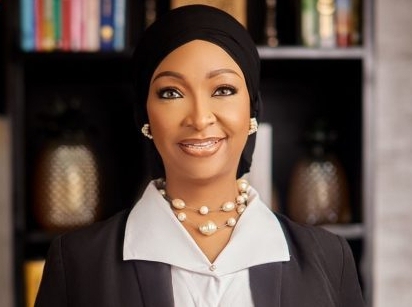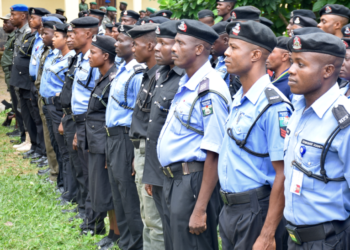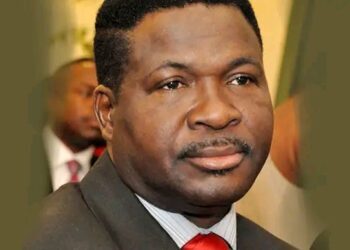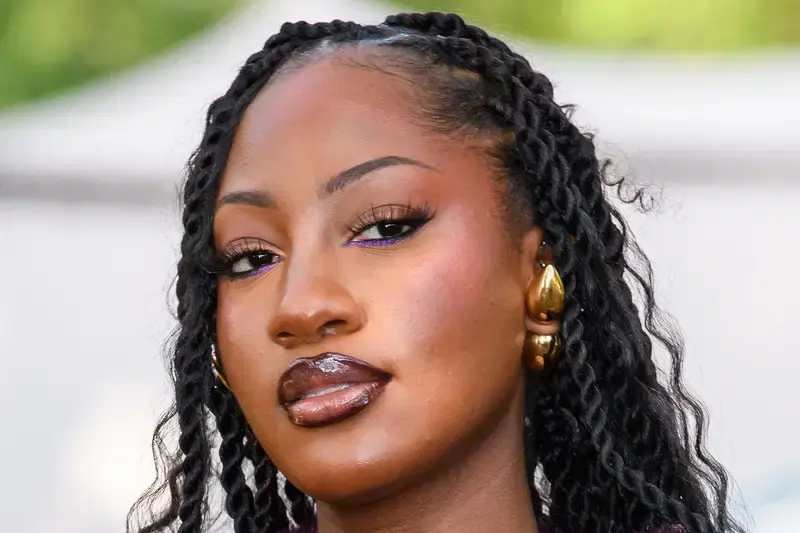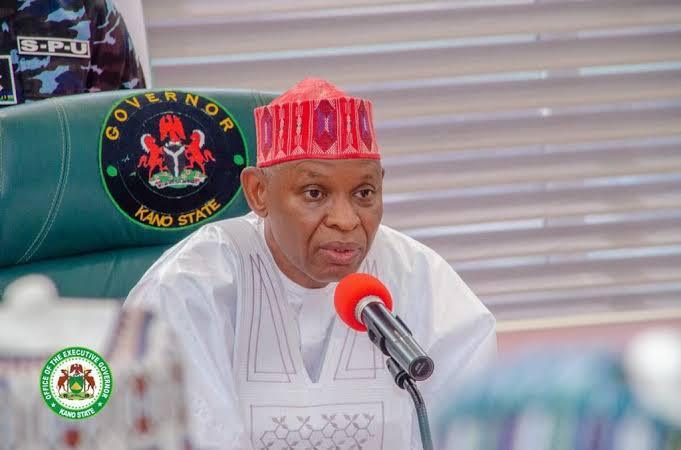The blue economy presents a huge opportunity for Nigeria’s economic transformation, especially in the area of marine tourism, Minister of Art Culture, Tourism and Creative Economy, Hannatu Musawa has said.
Musawa noted that sustainable tourism development within our coastal areas can drive investment, create jobs, and showcase the country’s rich cultural heritage, positioning Nigeria as a leading destination for eco-tourism in Africa and beyond.
She made the disclosure while delivering her keynote address at the seminar on the Development of National Blue Economy and Coastal Biodiversity in Tourism.
The gathering brought together stakeholders, experts, and policymakers to deliberate on how best to harness the potential of our coastal and marine resources while ensuring their sustainability for future generations.
The minister who was represented by Mr Sunday Mkpejie Bisong, Assistant Director Overseeing Domestic Tourism Promotion Department, explained that Nigeria, as a nation, is blessed with an extensive coastline, rich marine biodiversity, and vibrant coastal communities.
She said: “Nigeria, as a nation blessed with an extensive coastline, rich marine biodiversity, and vibrant coastal communities, stands to benefit significantly from a well-structured blue economy.
“As we seek to diversify our economy beyond oil and gas, the blue economy presents enormous opportunities for economic transformation, particularly in sectors such as marine tourism, fisheries, aquaculture, maritime transportation, and renewable energy. Sustainable tourism development within our coastal areas can drive investment, create jobs, and showcase our rich cultural heritage, positioning Nigeria as a leading destination for eco-tourism in Africa and beyond.
“Our coastal ecosystems, including mangroves, coral reefs, estuaries, and beaches, serve as vital habitats for marine species and are essential for the livelihoods of millions of Nigerians. Preserving this biodiversity is not just an environmental necessity; it is also an economic imperative. A thriving marine environment enhances the tourism experience, attracting both local and international visitors who seek pristine beaches, water-based recreational activities, and cultural interactions with indigenous coastal communities.”
While lamenting the impact of degradation of the ecosystem on the blue economy, the Minister stressed that the country stands to benefit significantly from a well-structured blue economy.
Musawa explained that the sure way forward is for adoption of a holistic approach to conservation and sustainable tourism development, integrating policies that balance economic growth with environmental stewardship.
She said: “The degradation of these ecosystems due to pollution, climate change, and unsustainable fishing practices poses a serious threat to their economic and ecological value.
“It is therefore imperative that we adopt a holistic approach to conservation and sustainable tourism development, integrating policies that balance economic growth with environmental stewardship.”
The Minister also gave the assurance that the ministry in collaboration with other relevant ministries and agencies, “is committed to harnessing the full potential of the blue economy while safeguarding our coastal biodiversity. “
She also noted that now is the time to act, saying “Distinguished guests, the blue economy and coastal biodiversity are not just policy concepts but lifelines for sustainable economic growth, environmental preservation, and tourism development.
“The time to act is now. We must work collectively—government, private sector, academia, and civil society—to unlock the potential of our marine resources in a way that benefits our economy while protecting the environment for future generations.
“Let this seminar serve as a platform for meaningful discussions, innovative solutions, and collaborative partnerships that will drive Nigeria’s blue economy forward. I encourage all stakeholders to take actionable steps towards implementing sustainable tourism practices that respect and preserve our coastal biodiversity.”
In his welcome address, the Permanent Secretary Mrs. Akudo-Nwosu said the seminar represented a collective effort towards unlocking the country’s coastal and marine resources.
The Permanent Secretary who was represented by Mr. Tony Ukpoju, Assistant Director, said “Today’s gathering marks a significant step in our collective efforts to unlock the immense potentials of Nigeria’s coastal and marine resources, while ensuring the sustainability of our rich biodiversity. The Blue Economy represents a frontier of economic opportunity—encompassing tourism, fisheries, marine transport, and renewable energy—offering avenues for inclusive growth, job creation, and environmental conservation.
“As a nation endowed with an extensive coastline and vibrant coastal communities, it is imperative that we strategically position tourism as a key driver in the Blue Economy framework. Our coastal biodiversity is not only a natural treasure but also a catalyst for cultural expression, eco-tourism, and heritage preservation.”


